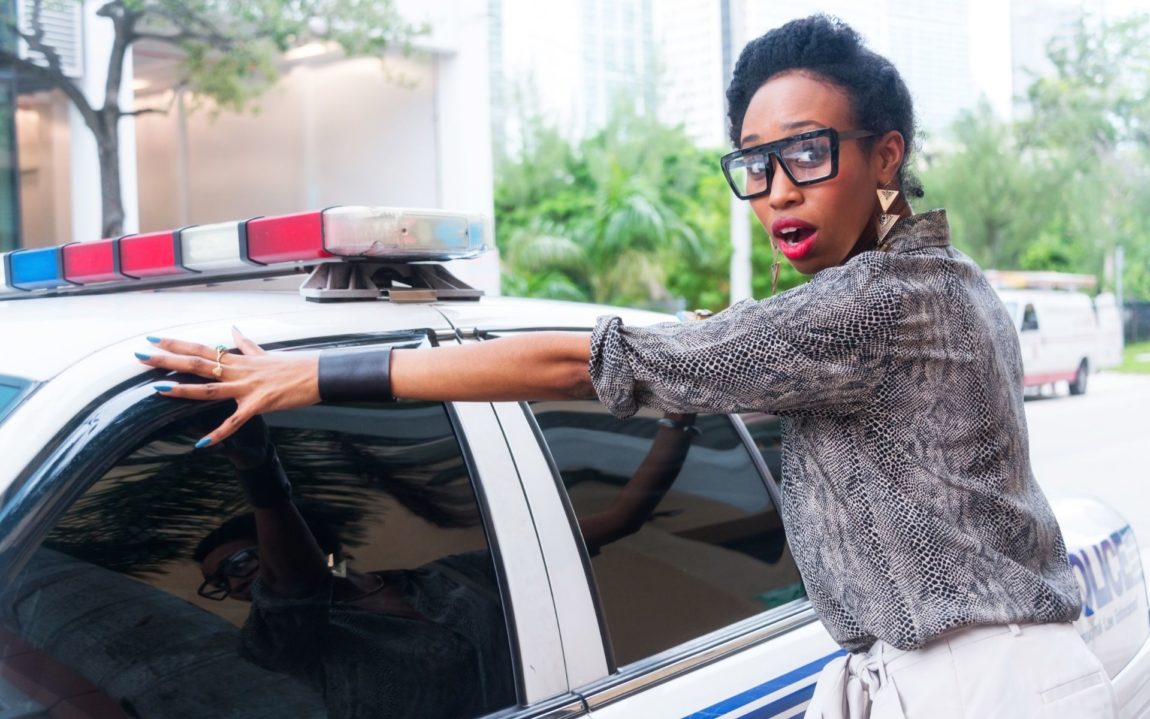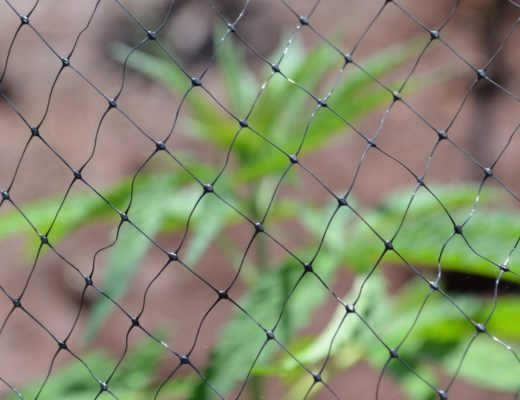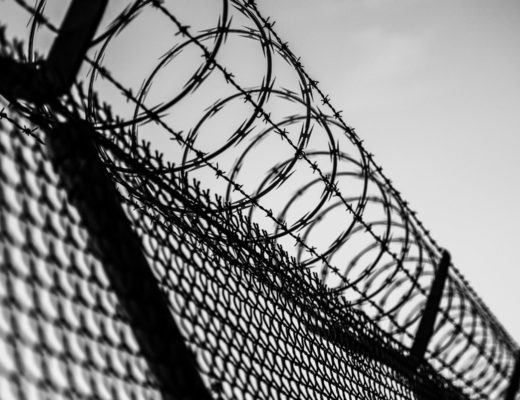During the 1960s the federal government decided to stop research into the safety and usefulness of certain substances and began efforts to eliminate them across the country.
In 1972 President Richard Nixon officially declared a war on drugs.
Because of the war on drugs, the number of people jailed for nonviolent drug offenses exploded from 50,000 in 1980 to more than 400,000 in 1997.
When President Ronald Reagan launched his “Just Say No” campaign, zero-tolerance policies and mandatory minimum sentences were created, resulting in more severe penalties for drug-related offenses.
The war on drugs has historically focused on punishing people instead of helping and treating people causing a vicious cycle of crime, corruption, criminalization, and media hysteria. Prison populations soared, while investments in treatment and rehabilitation were reduced dramatically or stopped completely.
“We’ve been trying to arrest our way out of drug use and addiction for 50 years, and it hasn’t improved anything whatsoever. People are still using. People are still getting addicted—not to psychedelics, because these are generally not addictive, but to other drugs. And all we’ve done is fill up our prison with drug crimes, and we’re not safer and we’ve just spent a whole lot of money.” – Senator Weiner
The aggressive, over-the-top enforcements created because of a political agenda imprisoned hundreds of thousands of people in the criminal justice system, tore families apart, destroyed entire neighborhoods, and wasted billions of taxpayers’ money. What’s more, it was and still is carried out with mind-boggling racial bias.
Statistics Don’t Lie
- African Americans and people of color are arrested for marijuana possession 3.6 times more than white people. However, studies have shown that both people of color and white people consume around the same amount of marijuana. (NORML)
- In every single state, Black people were more likely to be arrested for marijuana possession, and in some states, Black people were up to six, eight, or almost ten times more likely to be arrested. In 31 states, racial disparities were larger in 2018 than they were in 2010. (ACLU)
- Between 2015 and 2019, there were 3,631 marijuana arrests in the District of Columbia. Eighty-nine percent of those arrested were Black, even as they make up only 45 percent of the city’s population. (WashingtonPost)
- Marijuana arrests are still widespread nationwide, making up 43 percent of all drug arrests — more than any other drug. The vast majority of these arrests, 9 out 10, are for possession. Despite popular reform movements, arrests for possession have started to slowly increase. (ACLU)
- The personal impact of marijuana arrests can be devastating. In many states, a marijuana arrest can carry life-altering collateral consequences: parents may lose their children in court proceedings; disabled and low-income recipients of public benefits may lose health care; immigrants can face deportation; families can be evicted from public housing, and finding a job can be difficult and outright impossible in some cases. (ACLU)
- Between 2001 and 2010, there were over 8 million pot arrests in the U.S. That’s one bust every 37 seconds, and hundreds of thousands ensnared in the criminal justice system. (ACLU)
- Montana holds the highest rate of arresting black people for marijuana possession at a rate of 9.6 times higher than white people. (ACLU)
- Colorado holds the lowest rate at 1.5 times higher. (ACLU)
Education
To learn more on the subject check out the following resources:
- THE WAR ON MARIJUANA IN BLACK AND WHITE
- Persistent Racial Disparities and Economic Impacts in Marijuana Arrests Across New York
- Racial Disparity in Marijuana Arrests
Grass is Greener
If you are more of a visual learner, check out the following Netflix documentary:
Grass is Greener: A Netflix documentary that follows hip hop legend, Fab Five Freddy as he uncovers the history of cannabis prohibition in the United States.
Today there are reforms being made to legalize and decriminalize cannabis in all forms. This is a great step to correcting some injustices but it’s not enough. We need to hold our elected officials and ourselves accountable. It’s time to put an end to racial injustice overall. We need to become better educated and we need to speak out when we see an injustice being done. It is time for some bold action on everyone’s part.





No Comments